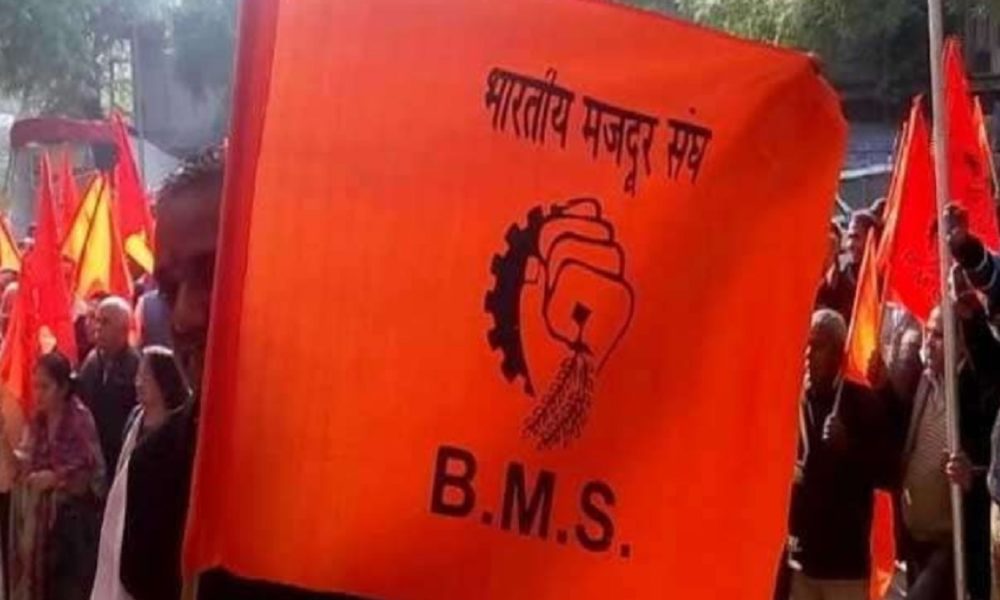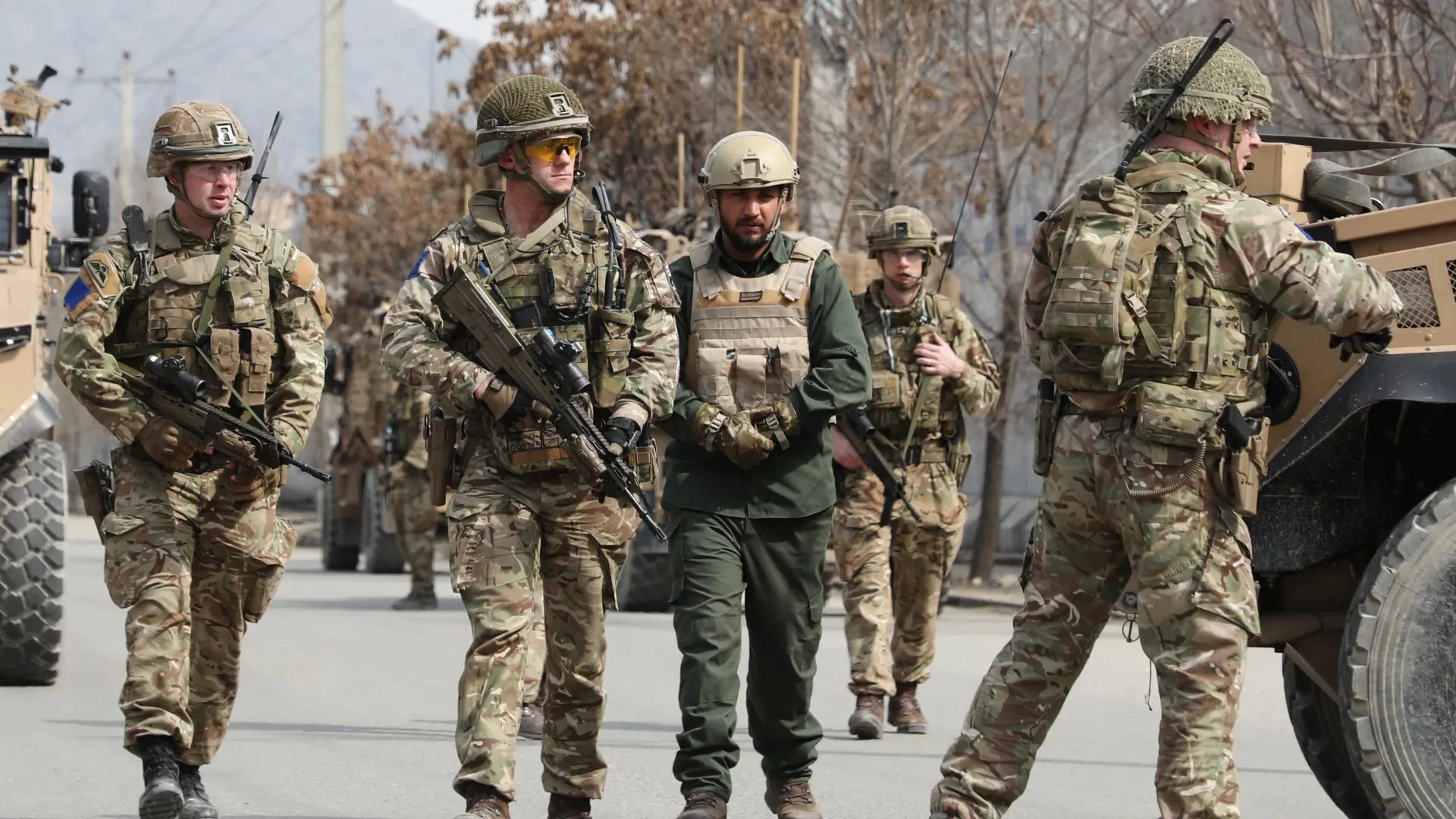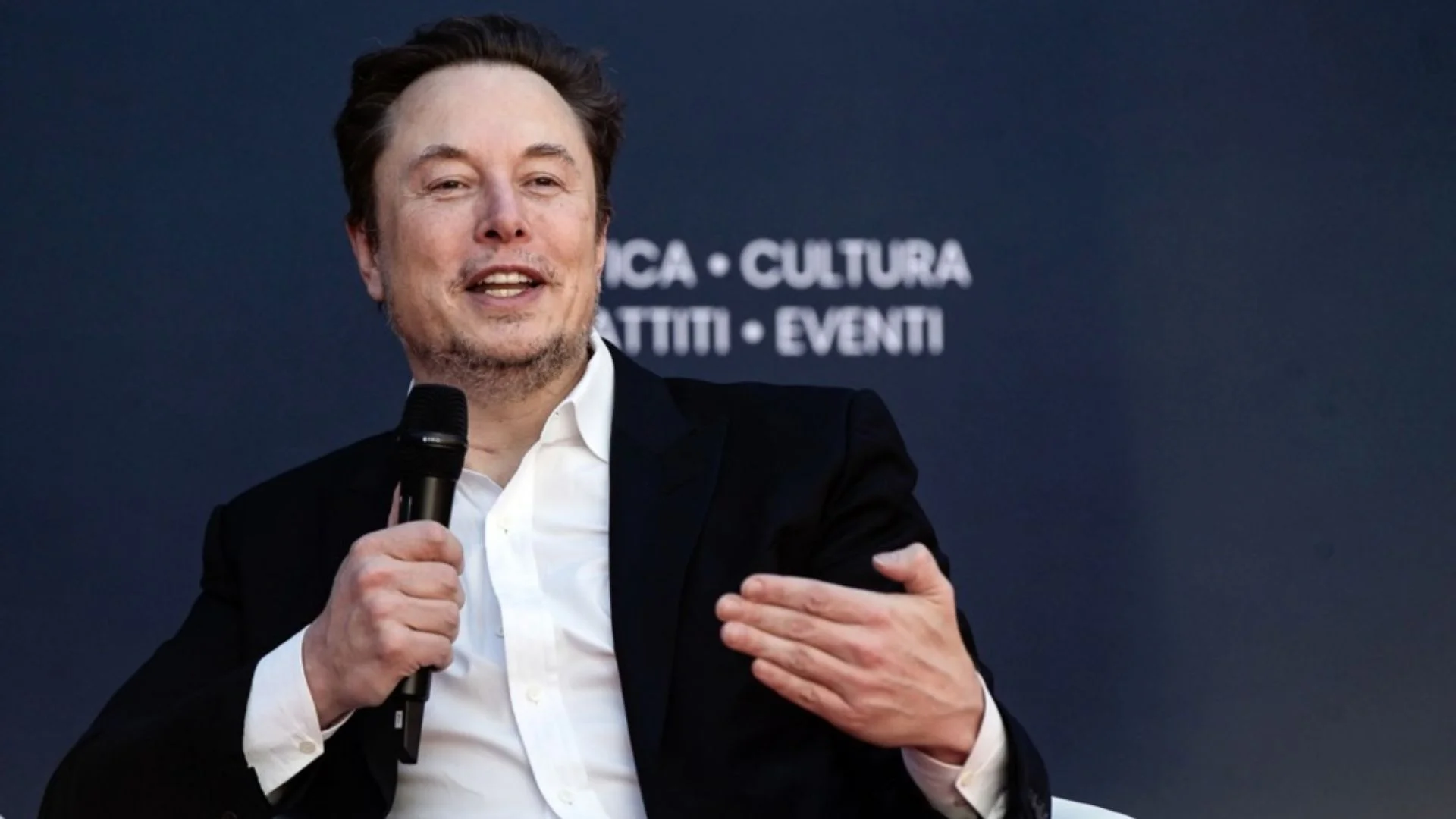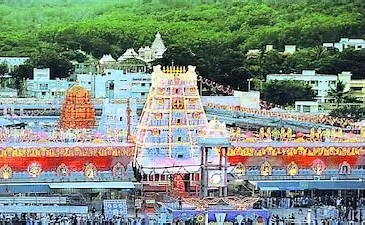I ndia’s largest trade union, the RSS-affiliated Bharatiya Mazdoor Sangh (BMS), has decided to hold nationwide agitation on May 20 against what it called the dilution in labour laws by the governments of Uttar Pradesh, Madhya Pradesh and Gujarat. The BMS has strictly condemned the withdrawal of labour laws in UP, MP and Gujarat and the increase of working hours from 8 to 12 in Rajasthan, Maharashtra, Goa and Odisha. Many other states are also willing to follow the same path in order to attract foreign investments. Contractors, employers and agencies in several states are reported to have not paid the workers salary or wages for the month of April. To add to that, crores of labourers have lost their jobs and livelihood, the BMS said. The exemptions drawn out by the governments revolve around three fundamental principles – no labour laws required in society, therefore, the state doesn›t play any role in the labour market, labour inflexibilites are the main roadblock to investment and economic enhancement, and workers should completely bank on the goodwill of the hirer.
The BMS claimed such inhumane and stringent laws are rare even in the most undemocratic countries of the world. BMS State Units had written their concerns to the respective chief ministers but only the MP chief minister has agreed on meeting the BMS delegation. On being asked the BJP›s opinion of the strike, Gopal Krishna Agarwal, the BJP National Spokesperson, said, «We cannot comment on their choice. It is for them to decide if they want to go on a strike and then the government will take a call.» The BMS stated, «Migrant worker’s issues have aggravated mainly because there is gross violation of migrant labour act by most of the states. Hence we are pushed to the wall and there is no other way out except going for agitation.» The BMS office-bearers also discussed the effects of COVID-19 on various sectors and welcomed the package declared by Prime Minister Narendra Modi. They also agreed upon the details announced in the first stage by Finance Minister Nirmala Sitharaman. The BMS district level volunteers who were involved in one of the largest service activities supporting workers nationwide, were also congratulated.
The following actions plans were decided by the BMS in its meeting held on Wednesday: 16 May to 18 May: Send letters to district authorities on local issues by district secretaries, local and state level unions, and federations on issues like payment of wages, job losses, relief measures to unregistered workers, migrant workers, self-employed workers, private transport workers, on welfare boards for nonrenewal of members, representing stranded migrant labour problems in their respective districts, opposing increase in working hours. 20 May: Nationwide Protest Day – Demonstrations at taluka centre/ district center/industrial estate by maintaining social distance: on freezing labour laws and increasing working hours in various states, on migrant workers issues, payment of wages, job losses, increase in working hours and also demand job opportunity for unorganised sector, contract workers of organised sector.
30 May to 31 May: State/industry/ company/sector level conventions on workers’ demands and also demanding withdrawal of labour laws freezing. The Daily Guardian spoke to XLRI professor and labour economist Professor K R Shyam Sundar on his views about the strike during times of social distancing and found out that the protest scheduled to take place on May 20 would hardly have any impact on the economy as we’ve to wait for the home ministerial announcement of extent of liberalisation of production which is yet to take place. He said, “BMS is a big organisation but the impact of the strike will depend on the actual production laws that take place on that day otherwise it is more political and symbolic.” “If the liberalisation is 40% and 1/3rd of the workers in Green Zones and Orange Zones are permitted to go to work, we need to see what kind of guidelines will be issued. It will firstly, depend on what kind of economic activities will be allowed and secondly, on the proportion of workers in the particular areas and what is their coverage. Not more than 10-12% of the workers are unionized, so it will hardly have a pinch effect on the economy, although it varies from sector to sector.”
He added, “But it can be defended on patriotic grounds that they must have been pushed to the wall to protest at such a cash crunch time. They’re losing jobs and lives. Strike is the last resort unless it’s a revolutionary union. I would still wish to say there are better avenues to express protest rather than going on a strike. They must talk to the ministers and the ministers must come forward. Strike means going to the work place and protesting but now it will just be a demonstration without any economic loss as most of the workers cannot even go to work.” On the contrary, Ashwin Srivastava, Head of Economic Advisory, Sapio Umbrella, said, “The possible impact of one-day strike in today’s scenario may be more than Rs 10000 crores, and this disagreement will have a multiplier effect at a time when the economy is trying to stand back up.
But the long-term impact on the growth of India will be much higher if the ordinances are not removed or modified, as the impact on livelihood of labourers will lead to a more complicated cycle of economic and social impact. We recommend a data driven approach to figure out the impact on economy and society in all scenarios and take the right call towards the primary goal of making India become Aatmanirbhar Bharat.”























